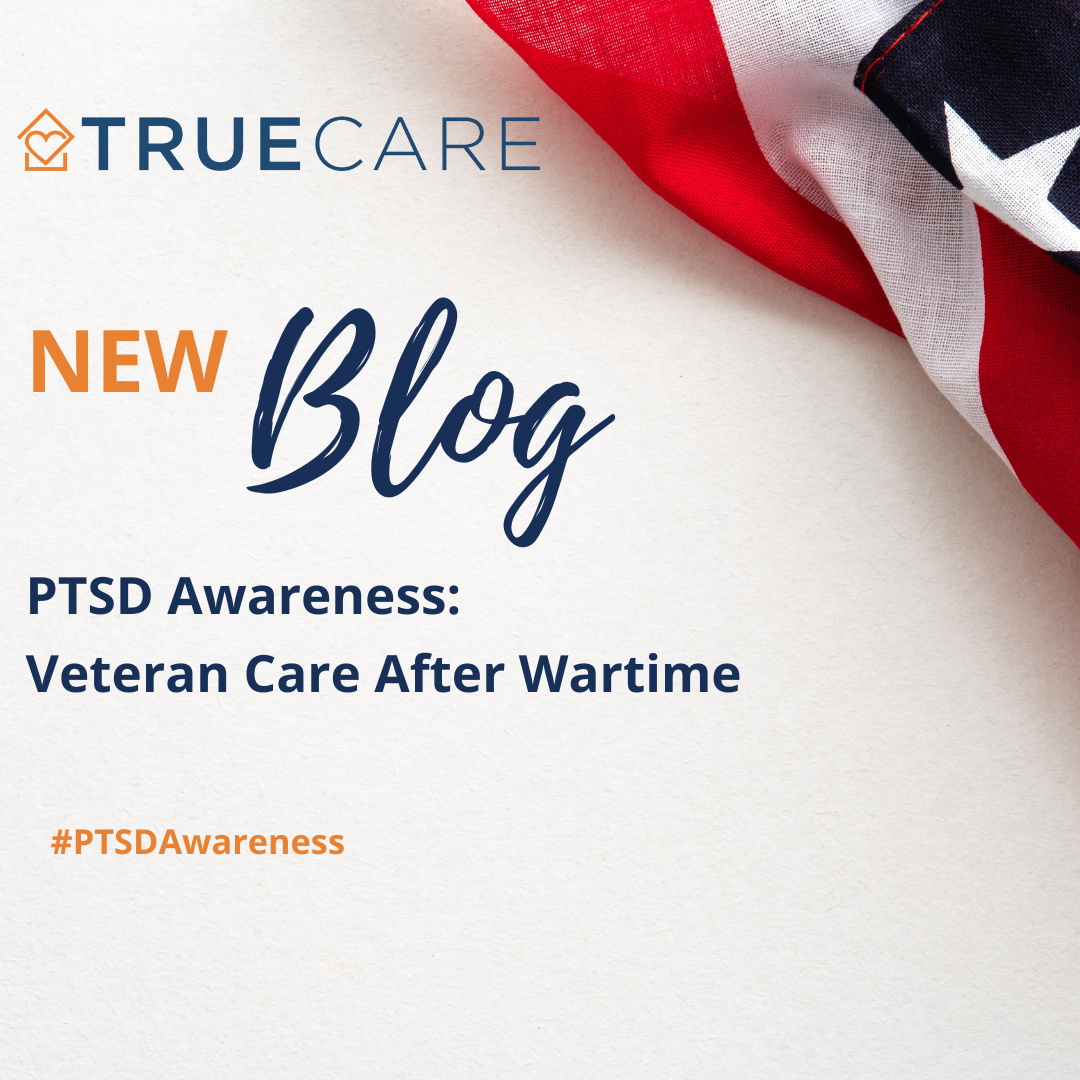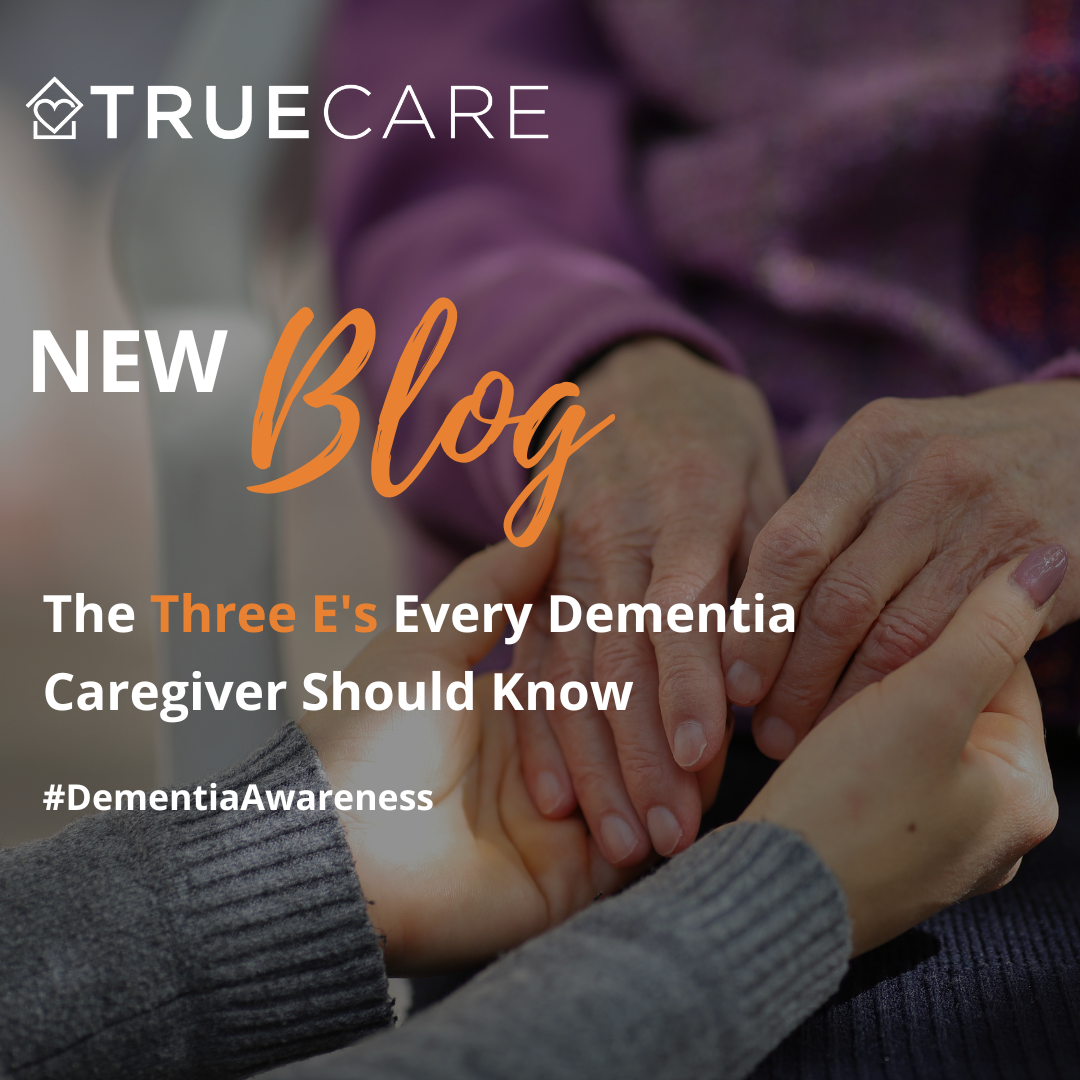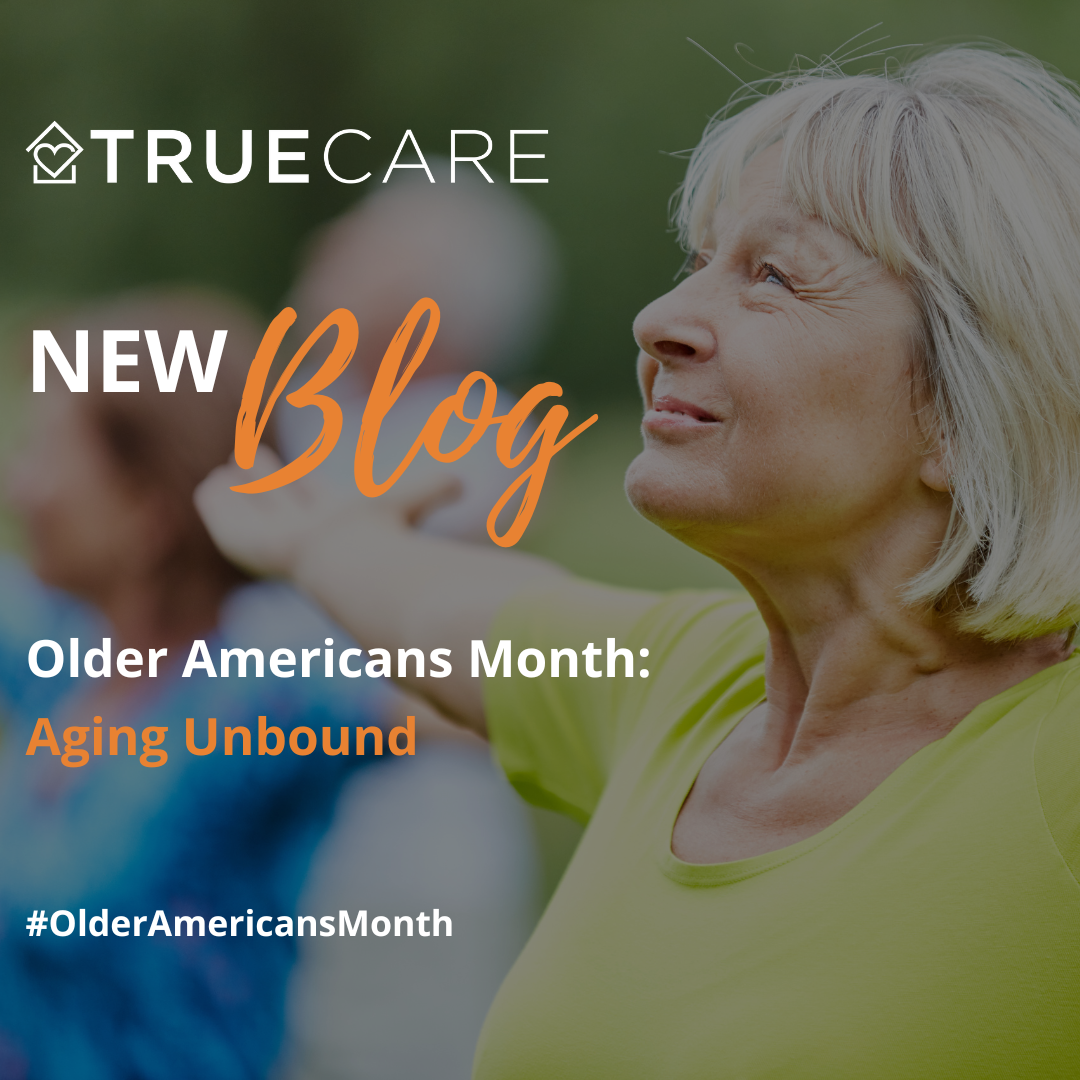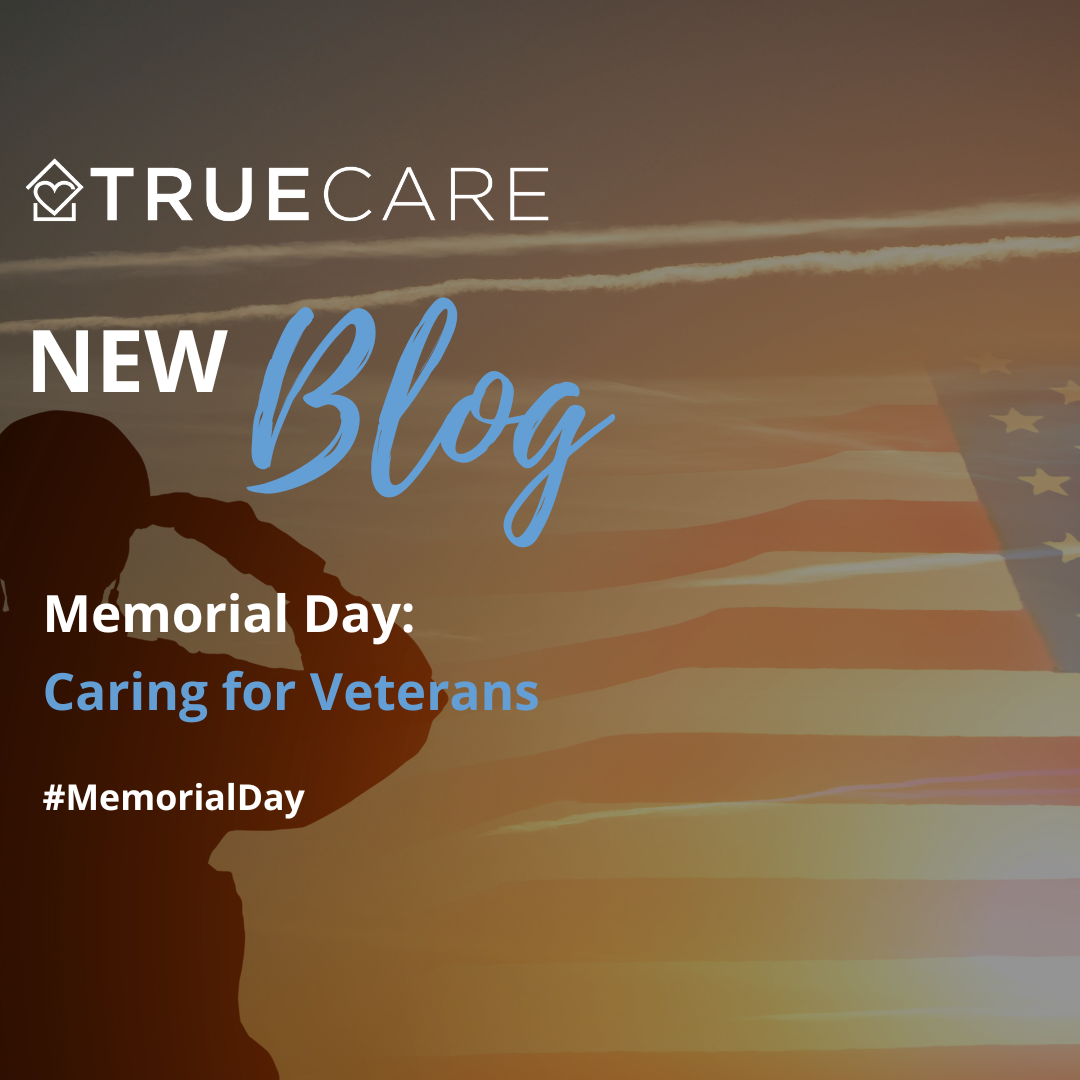There are many factors that can put us at risk of experiencing a trauma, many of which are often out of our control. The word "trauma" is used for many different types of experiences that are stressful. But not all stressful events are the type of trauma that can lead to Post Traumatic Stress Disorder (PTSD). To be at risk for PTSD, the trauma must be a shocking and dangerous event that someone sees or that happens to them. During this type of event, one may think that their or others' lives are in danger. Many of us will experience at least one trauma in our lifetime that could lead to PTSD. According to the U.S. department of Veteran Affairs, about 6 out of every 100 people (or 6% of the U.S. population) will experience PTSD at some point in their lives.
PTSD Awareness: Caring for Veterans after War
Posted by True Care Staff in PTSD, in Veterans
About 1 million people in the United States currently have aphasia, and nearly 180,000 Americans acquire it each year. June marks the start of Aphasia Awareness Month; a national campaign to increase public education around the language disorder and to recognize the numerous people who are living with or caring for people with aphasia. We at True Care want to ensure our readers have all the information they need when it comes to understanding aphasia. Read along as we break down aphasia and raise awareness about the effects of having aphasia, learn some communication tips, discuss assistive devices for those with aphasia, and more.
Dementia, Alzheimer's disease, and other cognitive impairments are caused by changes that happen inside the brain. Many of these changes and the symptoms they cause are not within the control of the person with cognitive decline. These symptoms include memory loss, confusion, disorientation, depression, feelings of anxiety, agitation, aggression, and apathy. These can be challenging to manage for clients as well as for caregivers.
Each year in May, older Americans are commemorated with Older Americans Month. After a meeting with the National Council of Senior Citizens, President John F. Kennedy encouraged all Americans to pay tribute to older people across the country by designating May 1963 as Senior Citizens Month. Every president since has issued a formal proclamation during or before the month of May in support of older Americans.
Memorial Day is a U.S. holiday that honors and mourns the military personnel who have died while serving in the armed forces. Memorial Day is a time to remember the sacrifice of those who came before us – so it’s no surprise that many choose to spend Memorial Day with elderly loved ones and relatives. There are now nearly 10 million American veterans of senior age.
Senior Health and Fitness Day
Posted by True Care Staff
You’ve heard it time and again: physical activity and exercise are good for you, and you should aim to make them part of your routine. There are countless studies that demonstrate the many health benefits associated with exercise, and it only becomes more important as we age. Regular physical activity and exercise for older adults (aged 65 and up) helps improve mental and physical health, both of which will help you maintain your independence as you age.









